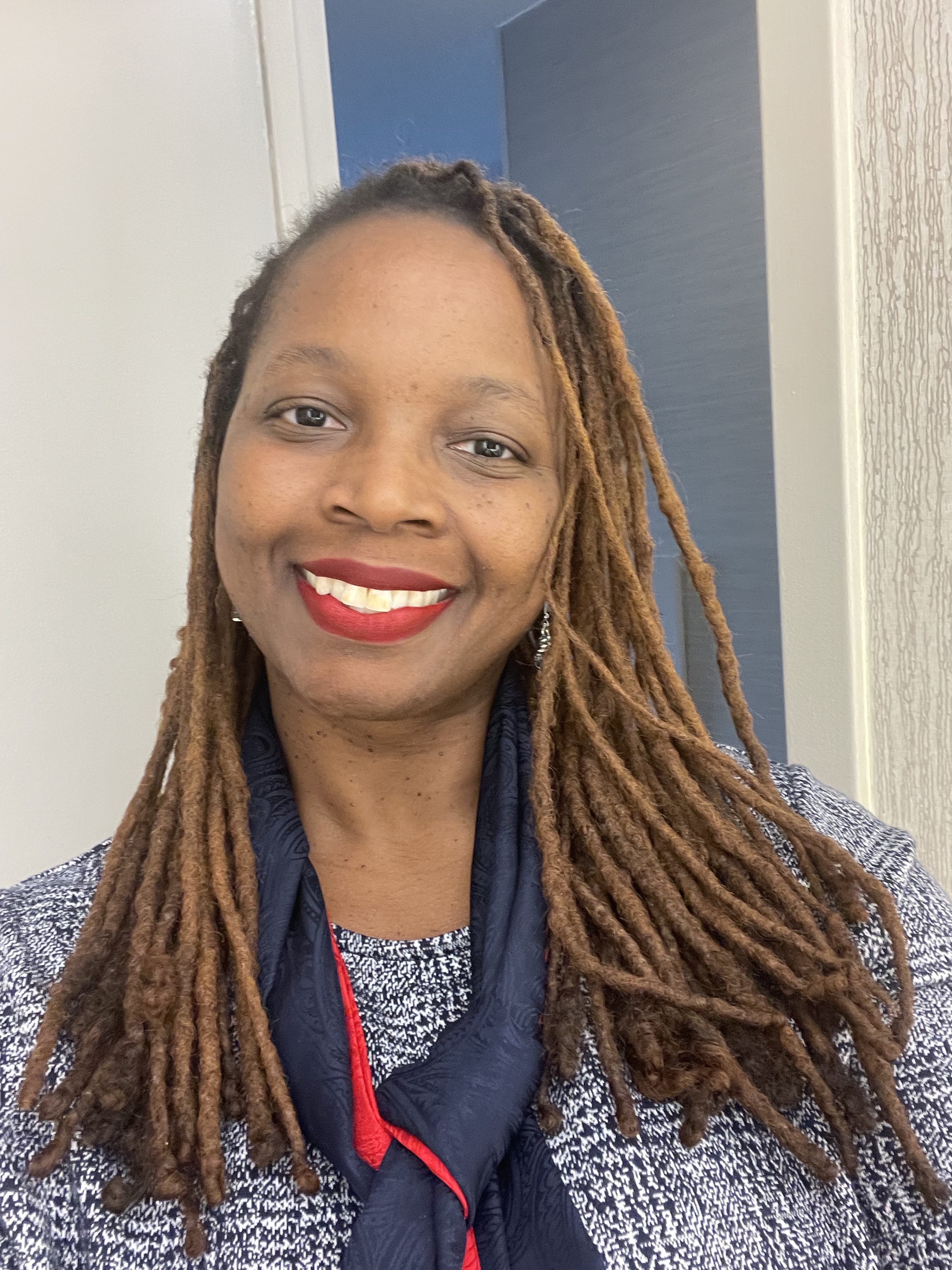Through a Black Girlhood Lens

Ashleigh Greene Wade is Assistant Professor of Digital Studies, jointly appointed in Media Studies and African American Studies. Broadly speaking, her work traverses the fields of Black girlhood studies, digital and visual media studies, Black Feminist theory, and digital humanities. Professor Wade’s forthcoming monograph, Black Girl Autopoetics: Agency and Possibility in Everyday Digital Practice (Duke University Press), explores the role of Black girls’ digital practices in documenting and preserving everyday Black life.
What might we learn about Black life in the United States through examining and chronicling the experiences of Black girls? How are Black girls engaging with digital technologies in ways that impact their subjective formation and reflect their contributions to discourses about social issues? Answering these questions lies at the heart of my forthcoming monograph Black Girl Autopoetics: Agency and Possibility in Everyday Digital Practice (Duke University Press, 2024). Part (auto)ethnography, part media analysis, Black Girl Autopoetics tells several stories of Black girlhood that aim to expand how we conceptualize blackness in relation to space, archives, representation, and temporality.

Black Girlhood Studies in Academia
Black Girl Autopoetics draws from and adds to the field of Black Girlhood Studies, whose formalization within the academy was pioneered by Ruth Nicole Brown. However, much like other areas of inquiry that center marginalized groups, the work of Black Girlhood Studies dates back long before its legitimization as an academic field. As early as the nineteenth century, Black women like Maria Stewart, Fannie Barrier Williams, and Anna Julia Cooper were already inserting the plight of Black girls into the project of racial uplift. Given these origins, Black Girlhood Studies frequently intersects with history, social sciences, and education as researchers and practitioners in these disciplines have worked to both contextualize and find solutions to the most pressing problems Black girls face in their material lives. While these disciplinary formations remain central to Black Girlhood Studies, more scholars have begun looking to cultural studies frameworks to understand Black girls.
Cultural Studies Implications of Black Girl Autopoetics
One of the primary cultural studies interventions of Black Girl Autopoetics is how the book centers Black girls within (con)texts they create themselves, which function as informal archives. Archival practices and methods comprise an integral component of Black Studies, but Black children’s voices do not always emerge as key sources of information about Black life within traditional archives. Black Girl Autopoetics asks readers to think broadly about what counts as archival material and how it can be used to chronicle and interpret Black life. This liberal approach imbues Black girls’ content on social media with archival function and potential. At the same time, the ephemerality of social media applications contradicts, and maybe even undermines, the relationship between archives and the preservation of Black stories. With this contradiction in mind, Black Girl Autopoetics offers a snapshot of a particular moment. Even though the book reflects contemporary issues, it also documents lived experiences of Black girls that will become future histories of Black life. In this way, Black Girl Auotpoetics is itself an archive that will give us insight into this era of digital Blackness even after these social media platforms and/or their content no longer exist.
Many people (rightfully) have fears about how digital media, especially social media, negatively impacts teens. Black Girl Autopoetics helps balance these conversations through an intersectional, nuanced analysis of Black girls’ digital practices. Existing moral panics about social media often fail to account for differences in race, gender, class, and geographic location in assumptions about motivations for using these platforms. Black Girl Autopoetics does not ignore or dismiss the real threats that social media presents to Black girls, nor does it suggest Black girls are immune to the harmful effects of social media use (such as addiction and cyberbullying). The girls whose stories appear in this text understand the dangers they face in digital spaces, and that’s where agency and possibility appear. Despite the challenges of navigating social media platforms, Black girls continue to create spaces, communities, and discourses for themselves through their digital content.

Black Girls, Black Lives
Ultimately, Black Girl Autopoetics establishes a premise for understanding Black life through the lens of Black girlhood. The book insists on the significance of Black girls’ voices and stories in painting a fuller picture of Black life.
- Having a Drink With Your Donkey: The Absurd in Antiquity
- What Happens to UVA’s Recycling? A Behind the Scenes Look at Recycling, Composting, and Reuse on Grounds
- Finding Your Center: Using Values Clarification to Navigate Stress
- UVA Club of Atlanta: Virtual Pilates Class
- UVA Club of Fairfield/Westchester: Cavs Care - Food Pantry Donation Drive
- UVA Club of the Triangle: Hoo-liday Party